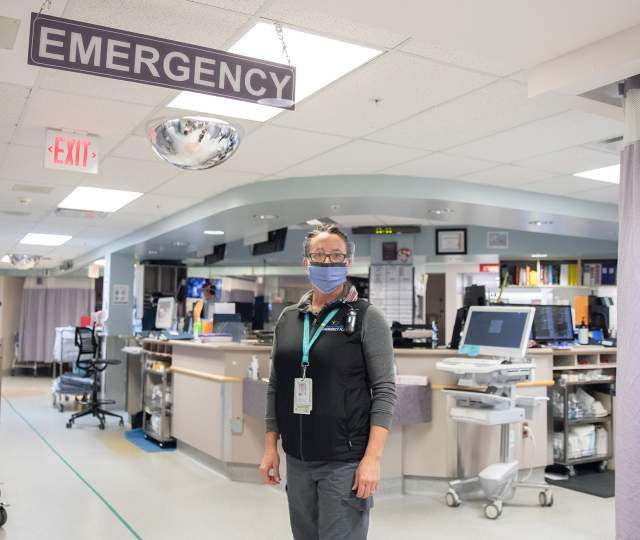When to visit the emergency department
- If you feel your situation requires urgent care or is life threatening, go to your local emergency department. You can also call 9-1-1.
- If you have a health concern that you feel requires same-day care, but do not believe your situation requires urgent care or is life threatening, take the following steps:
- Call your family doctor or nurse practitioner. Same-day appointments may be available.
- If your family doctor or nurse practitioner is not available, visit a local walk-in clinic if available
- If you do not have a family doctor or nurse practitioner, can not access a walk-in clinic, or are unable to get an appointment with your regular primary care provider that day, visit an Urgent and Primary Care Centre if one is available in your community
- Curious about other options? View our Use your emergency department wisely poster.
- For trusted health advice, call 8-1-1. Healthlink BC is available 24/7
- If you need an urgent medication refills, contact your pharmacist
- To access help lines, visit the appropriate section on our Contact Information page:













